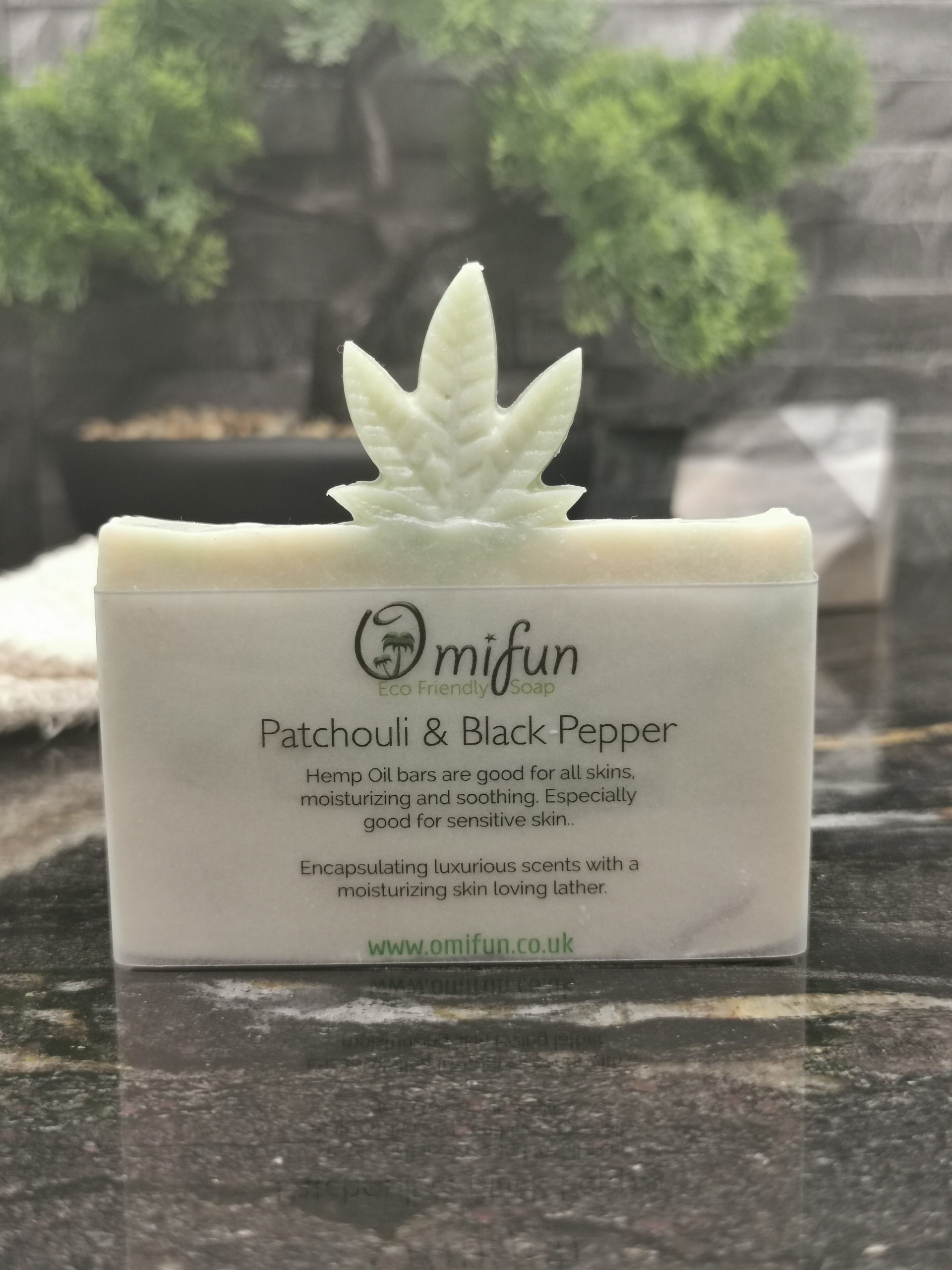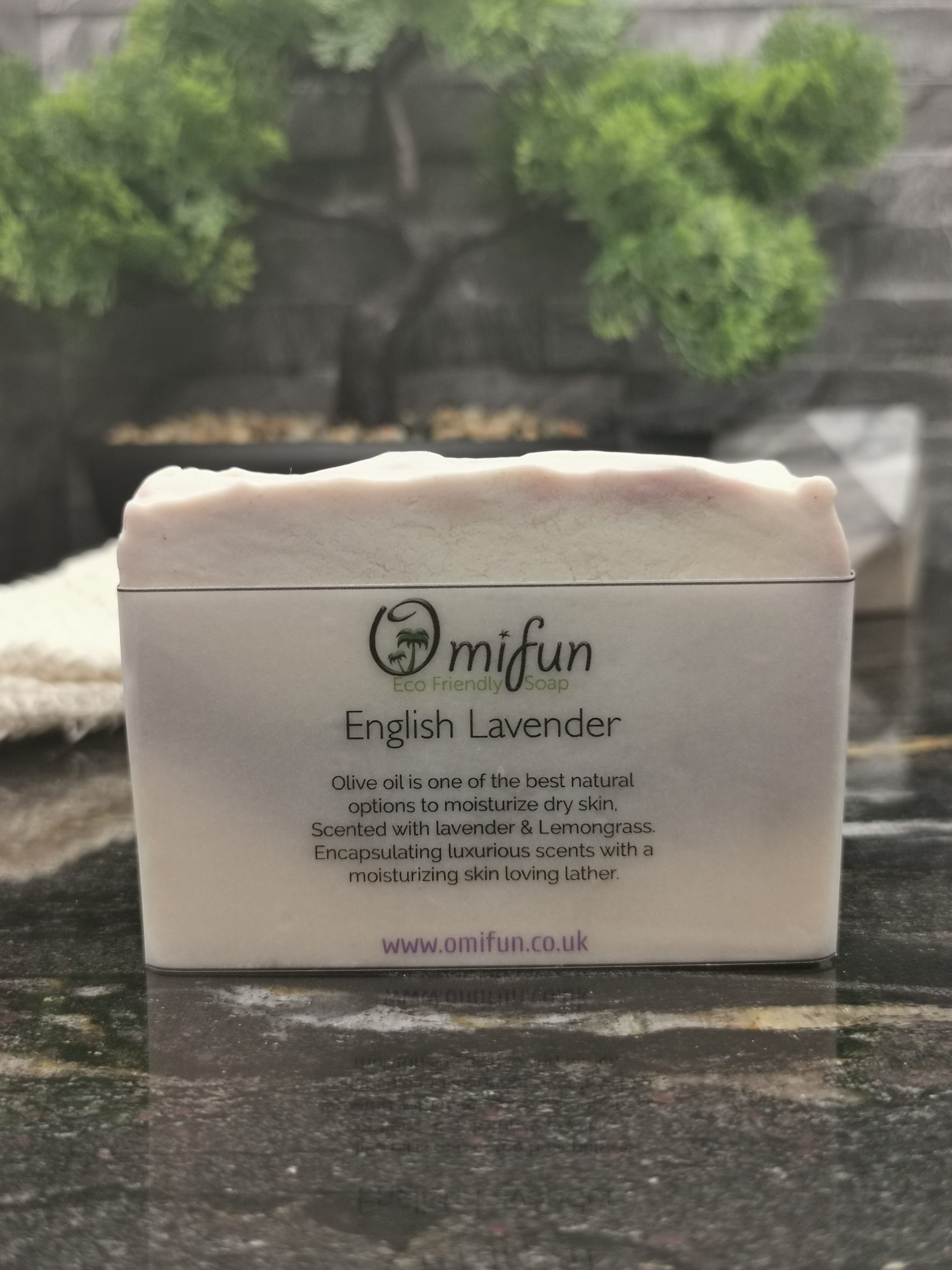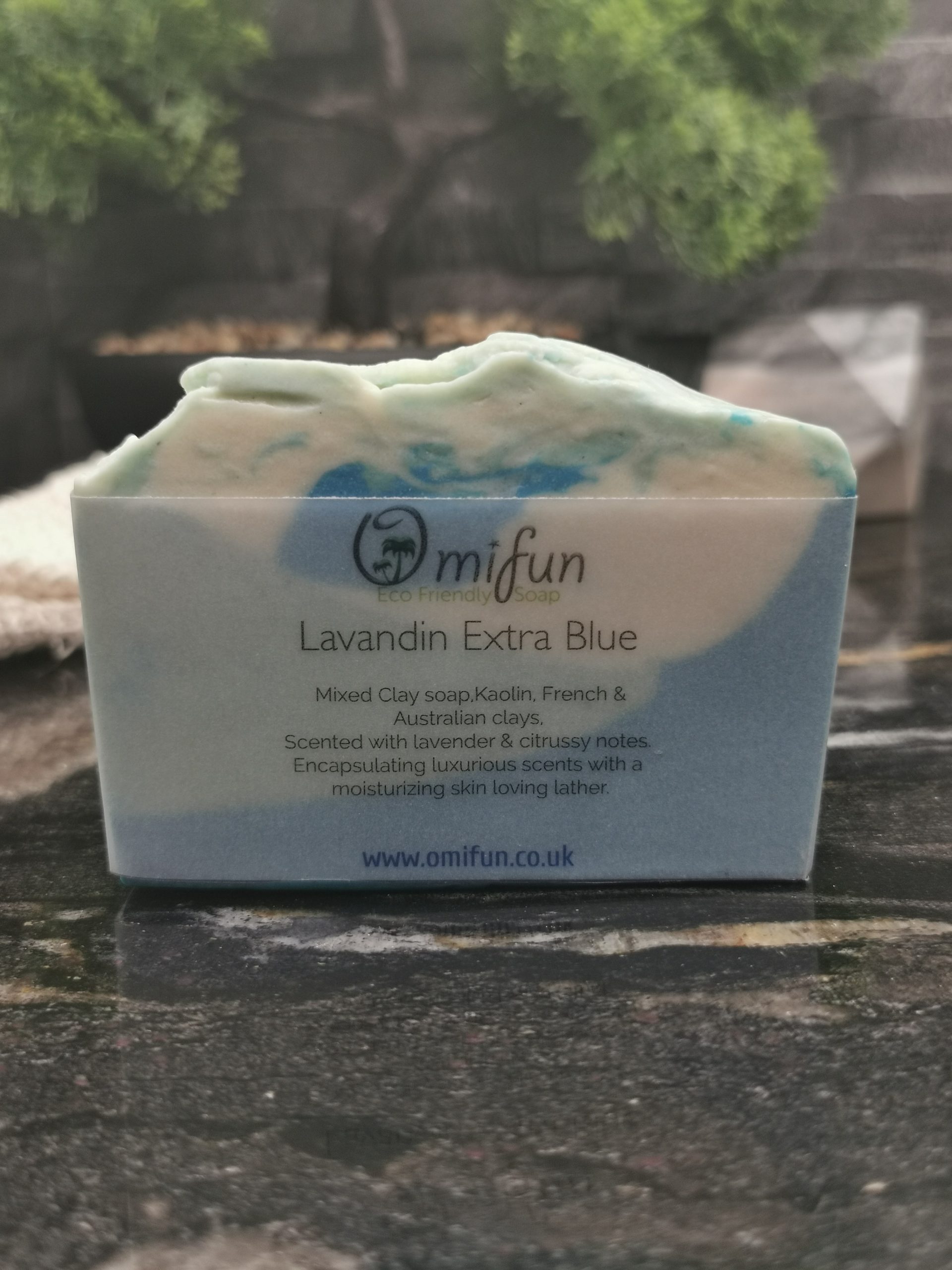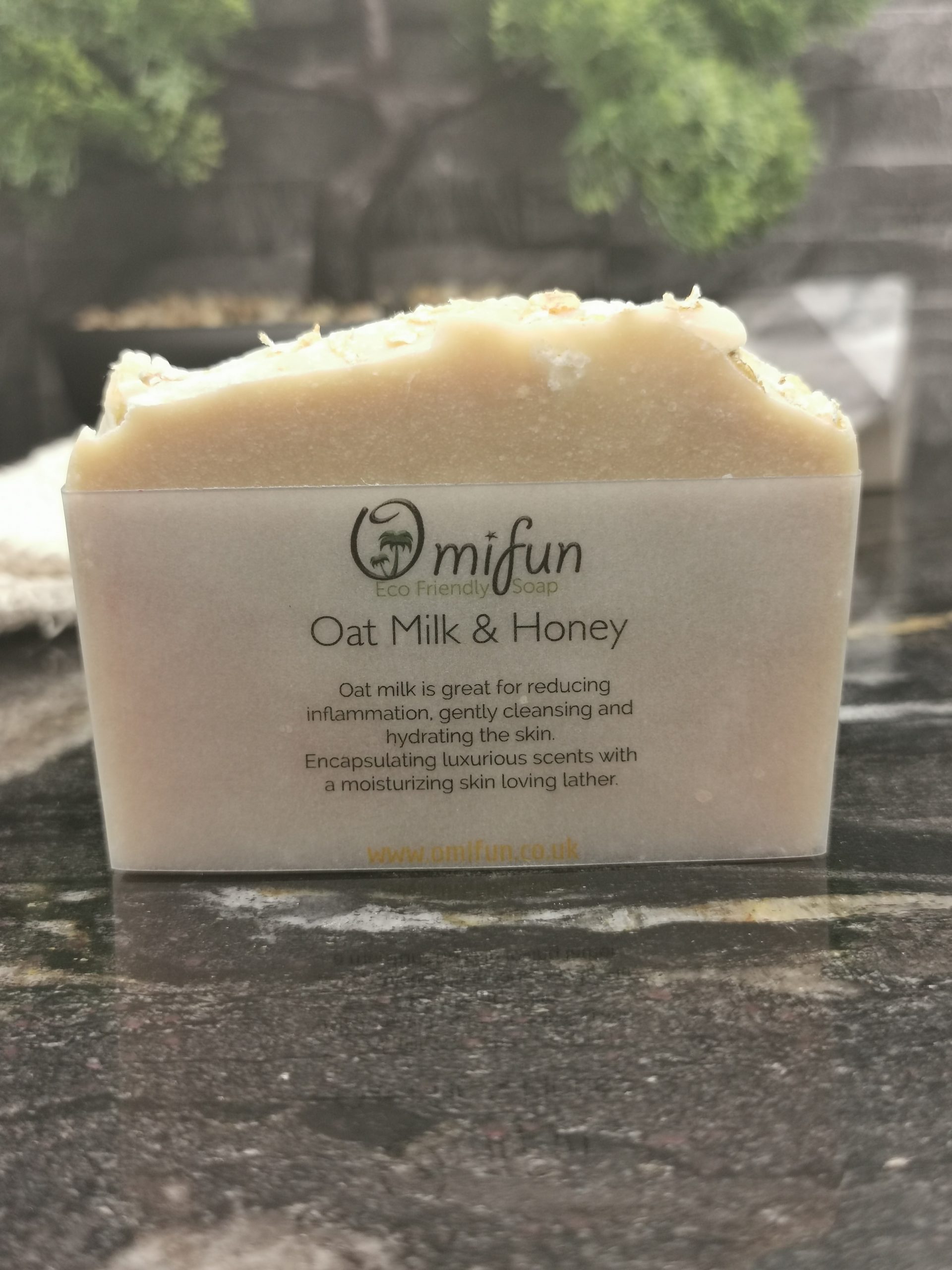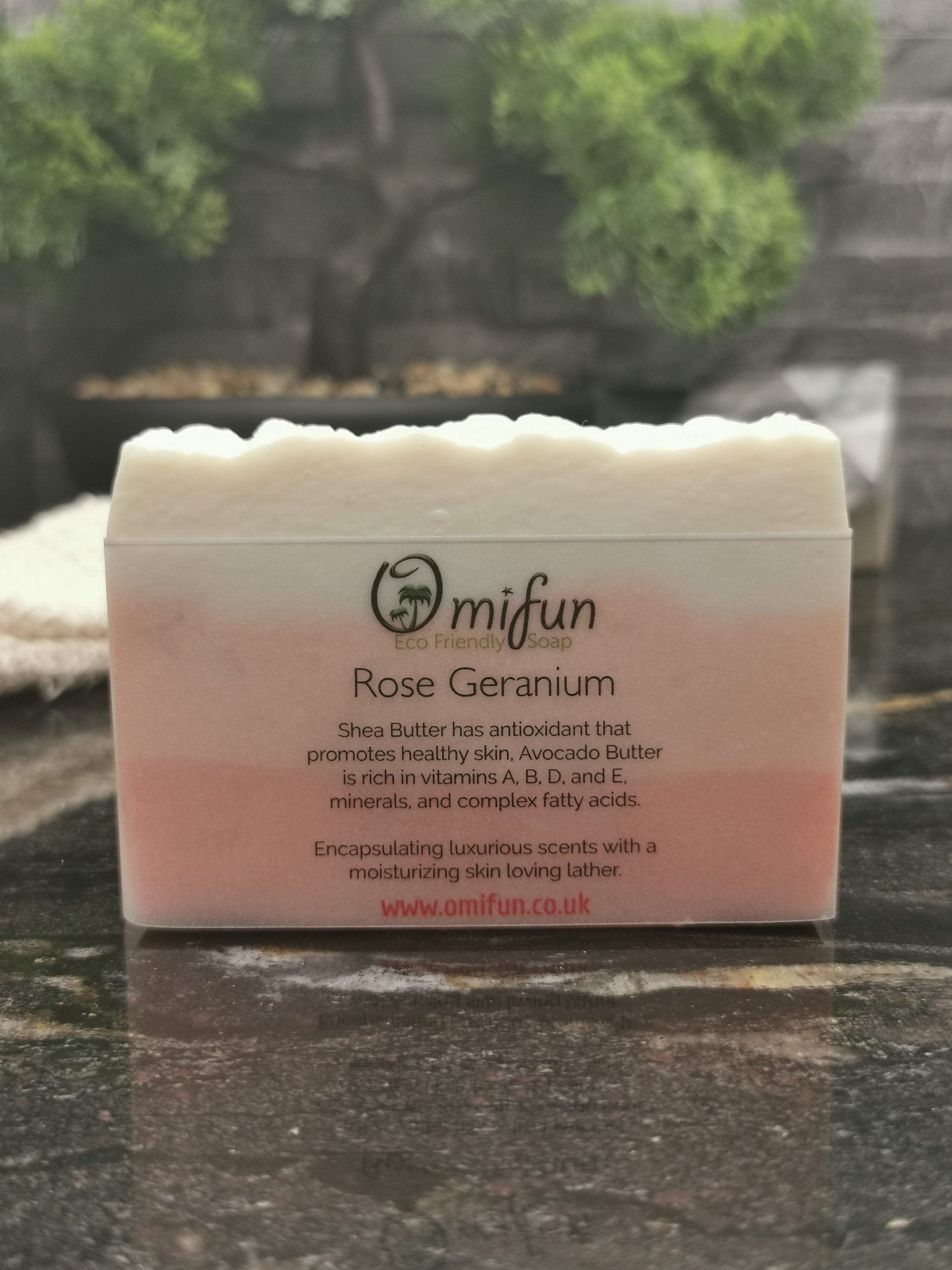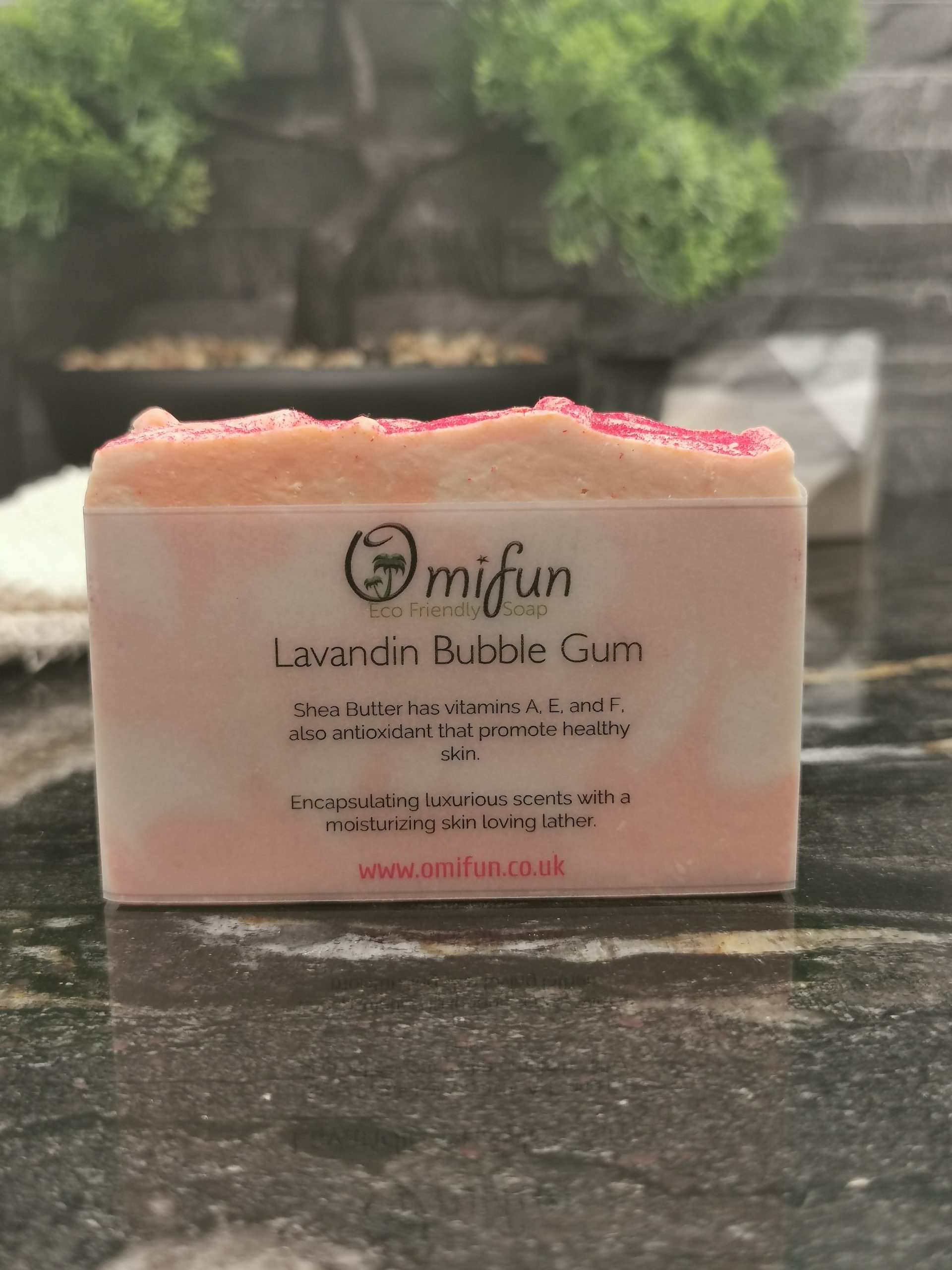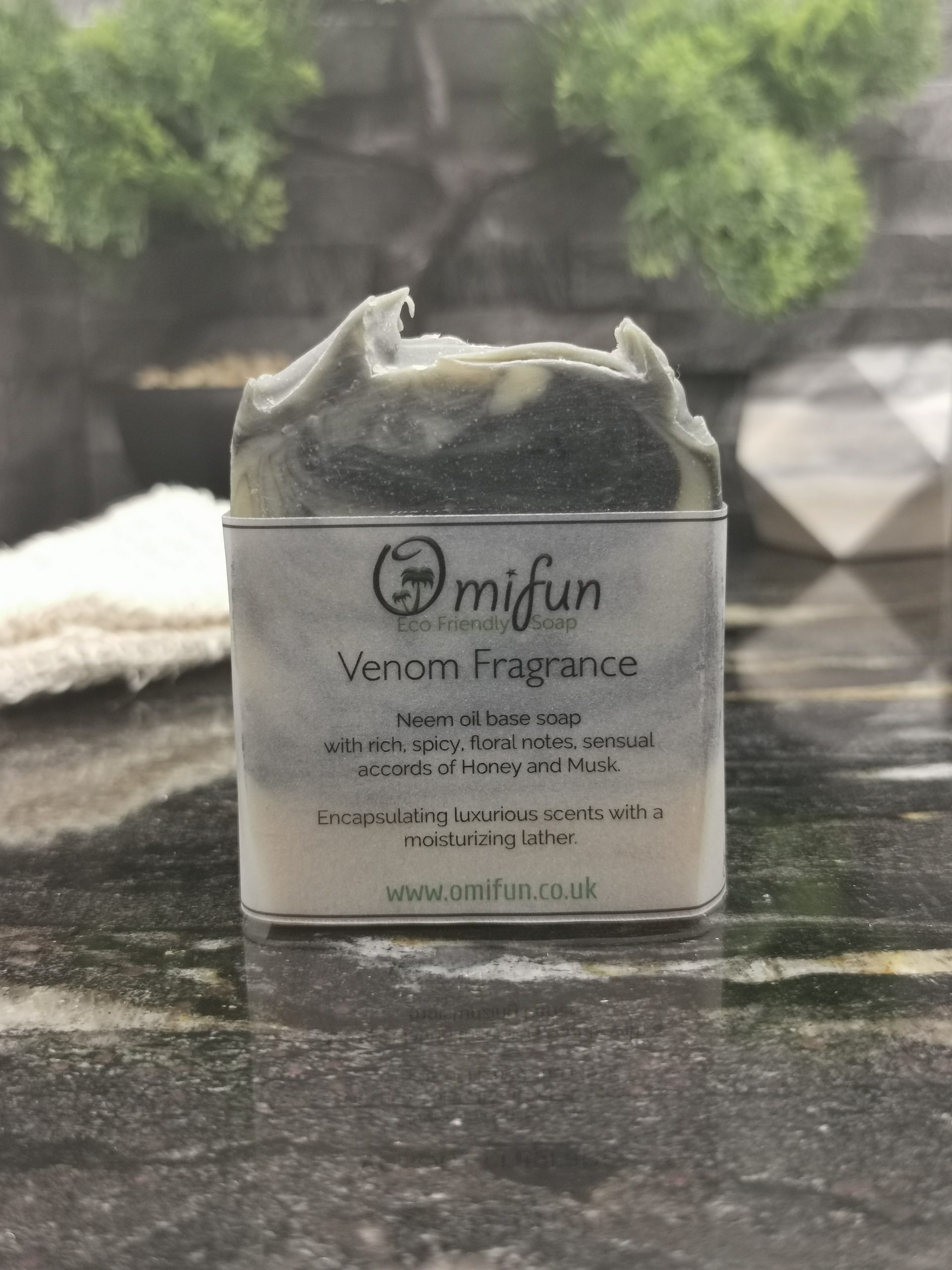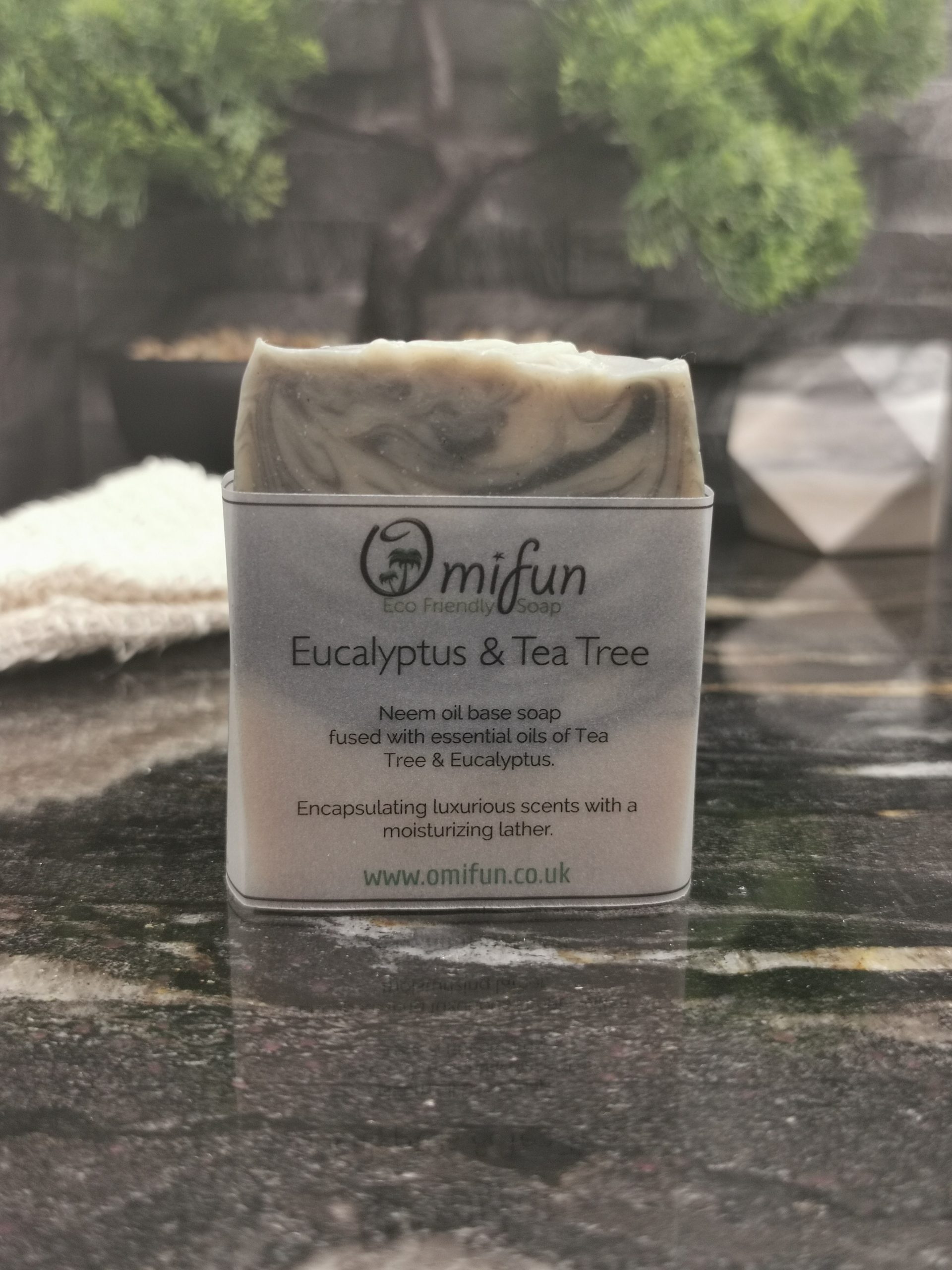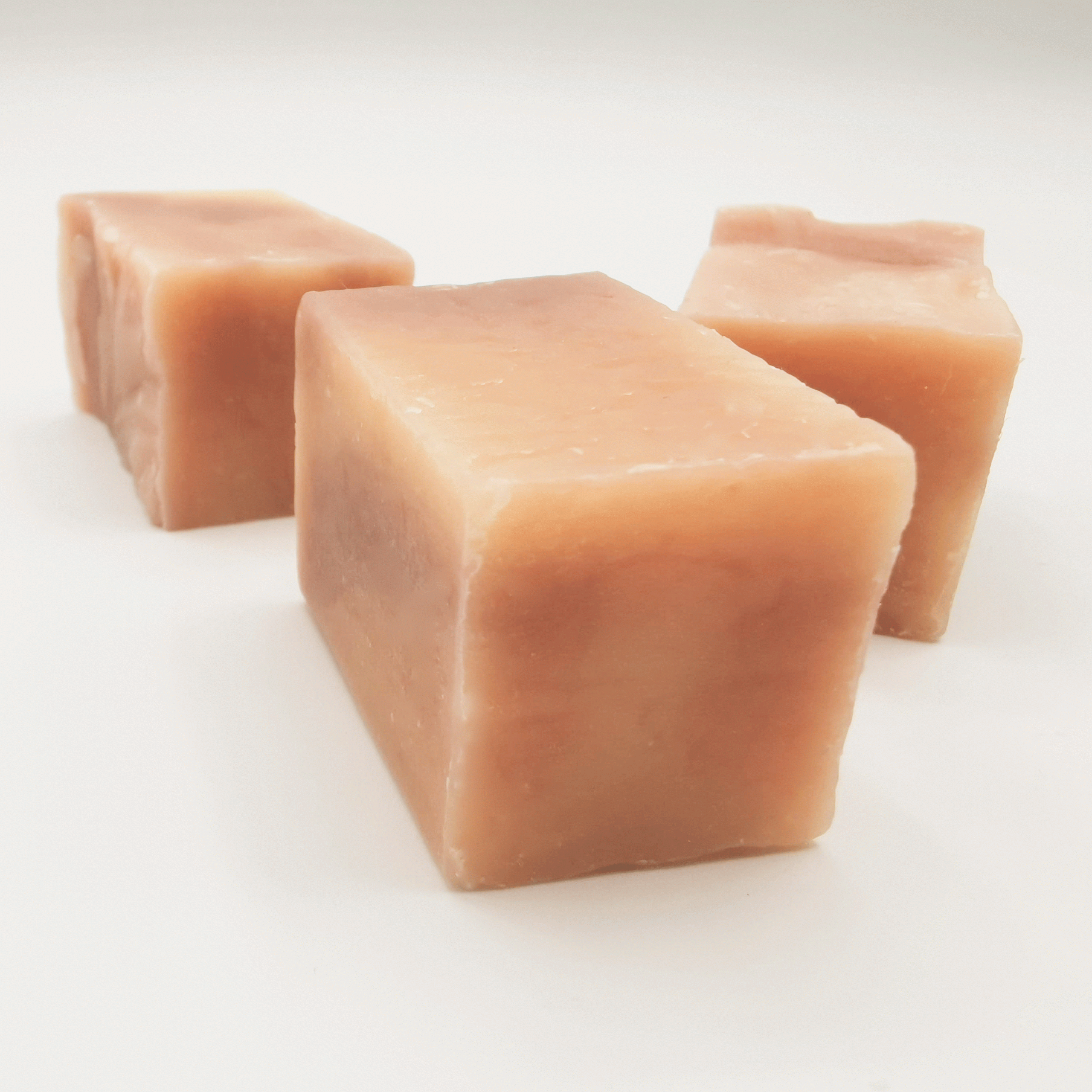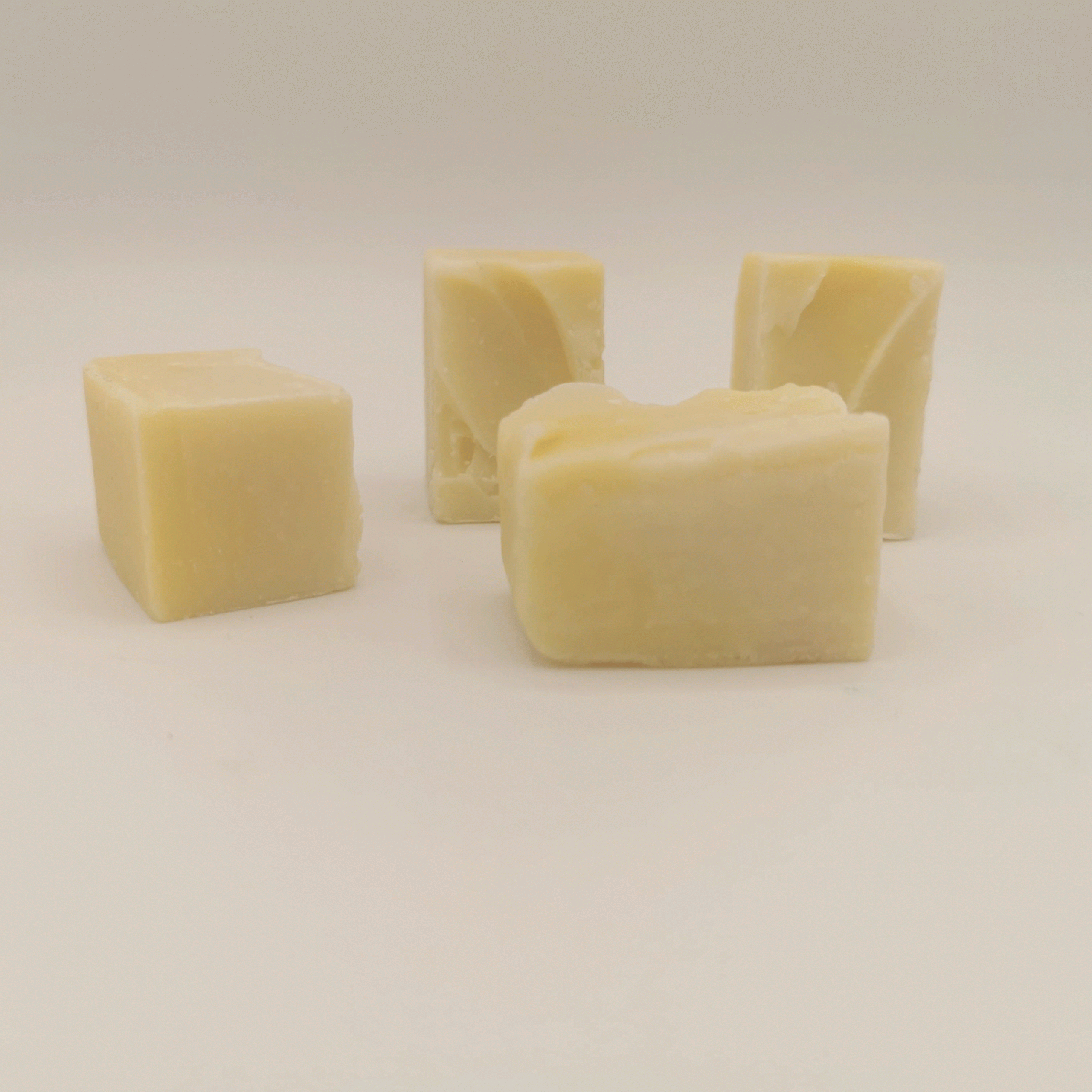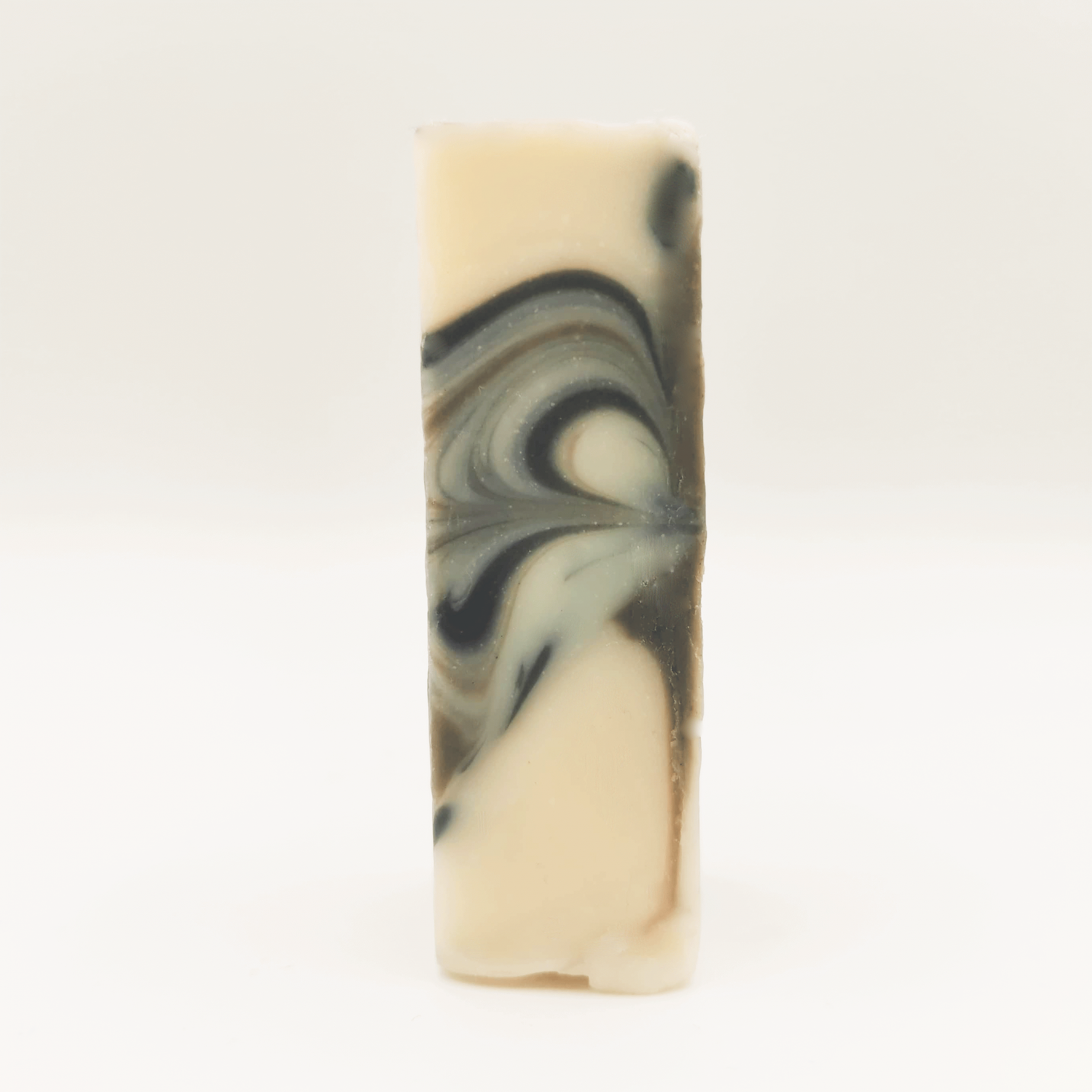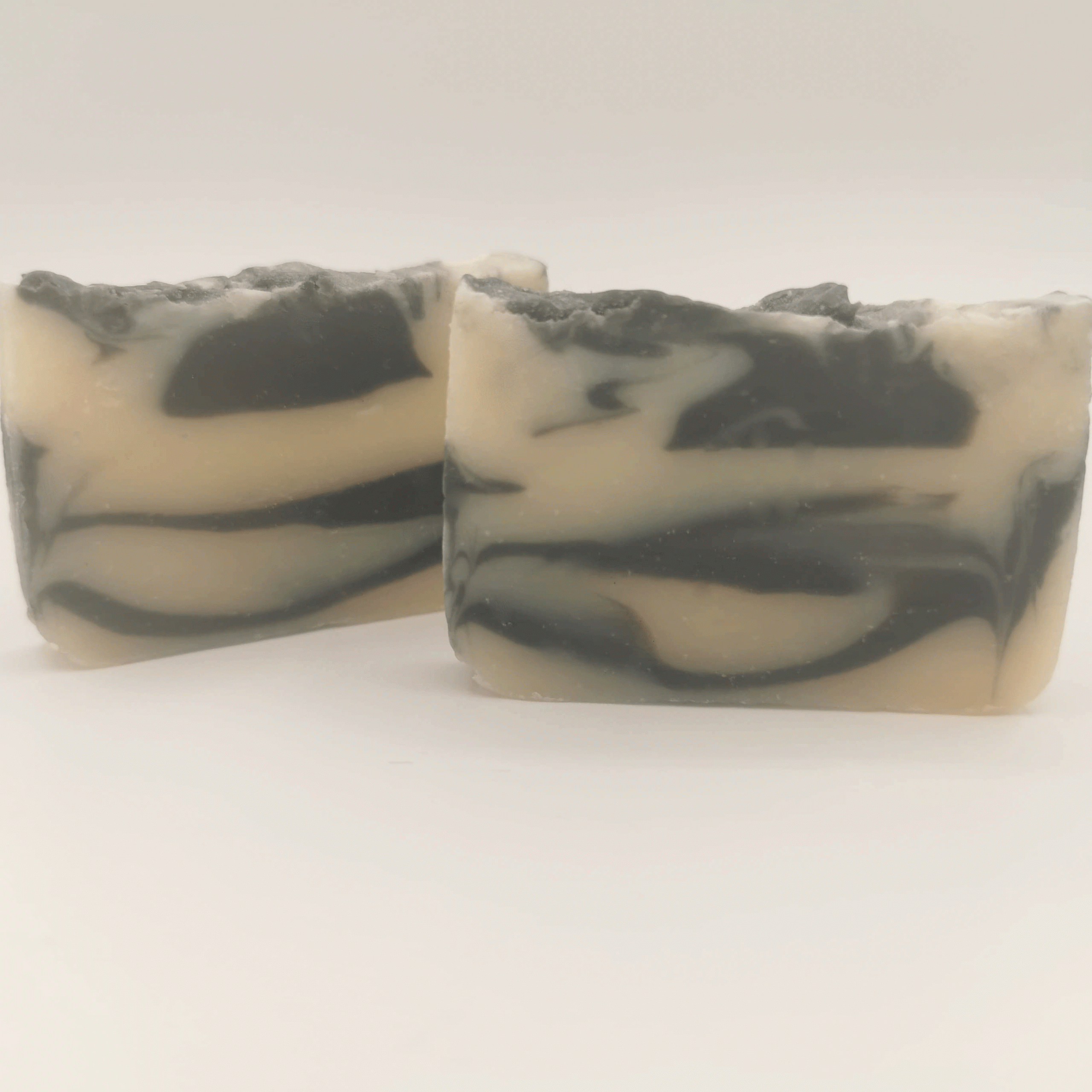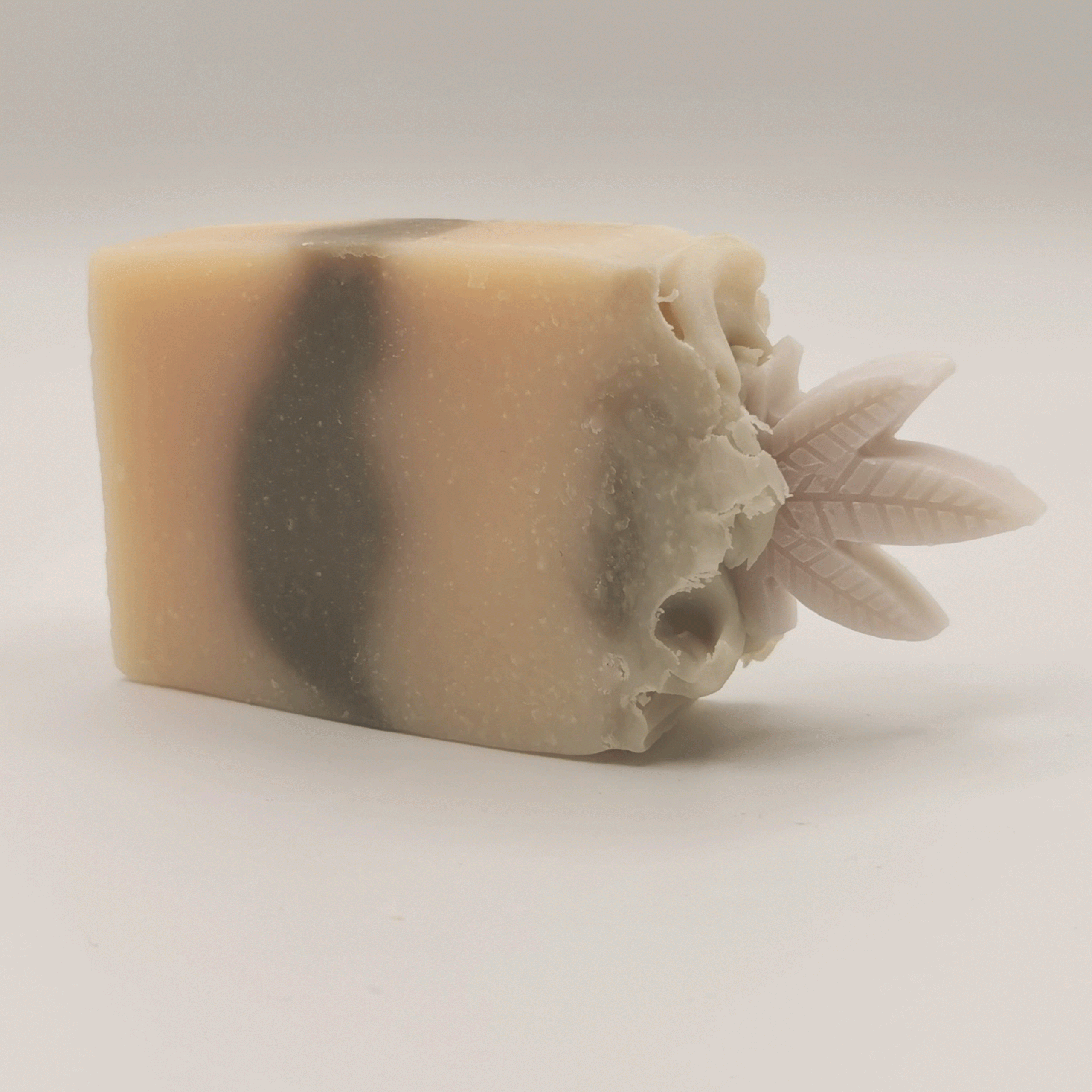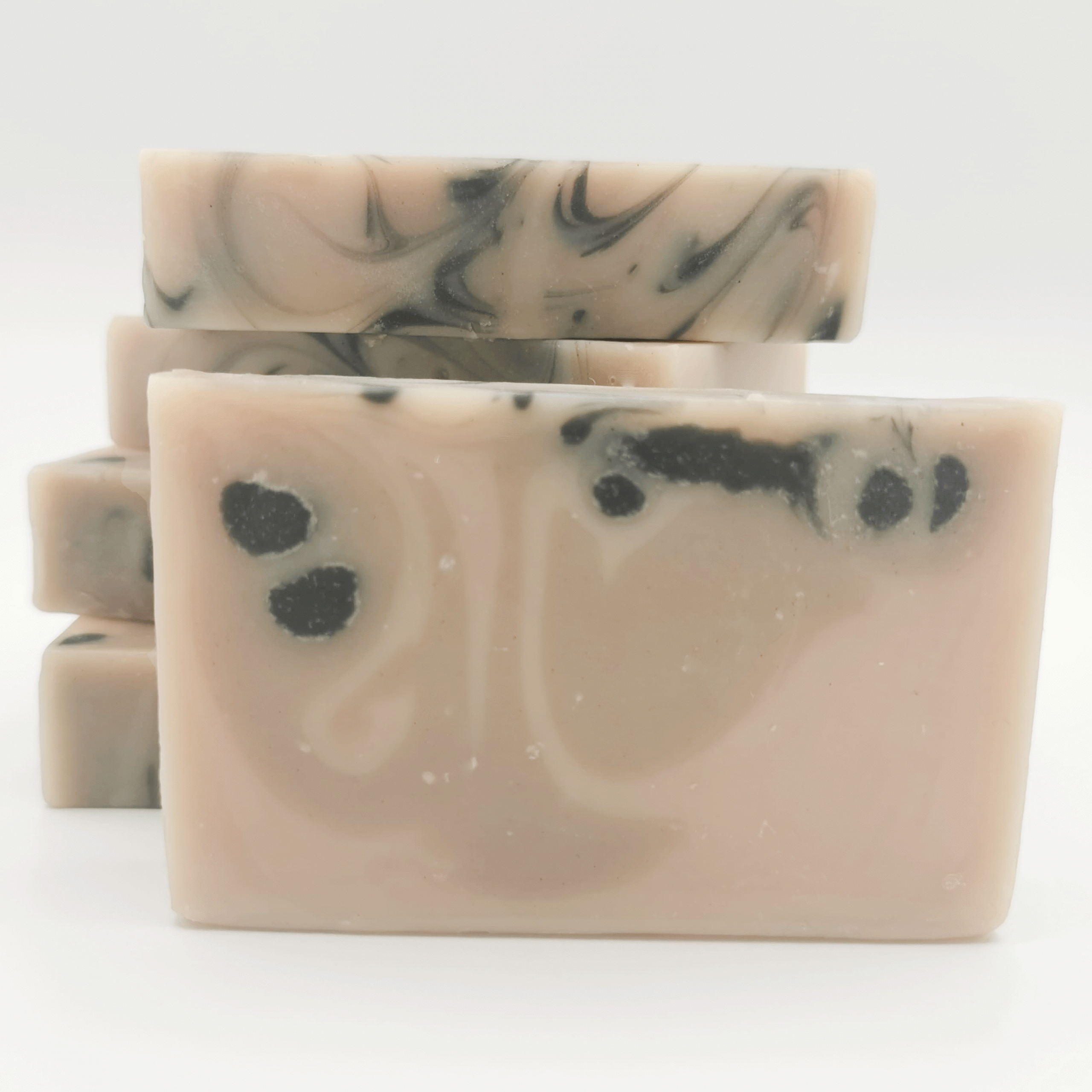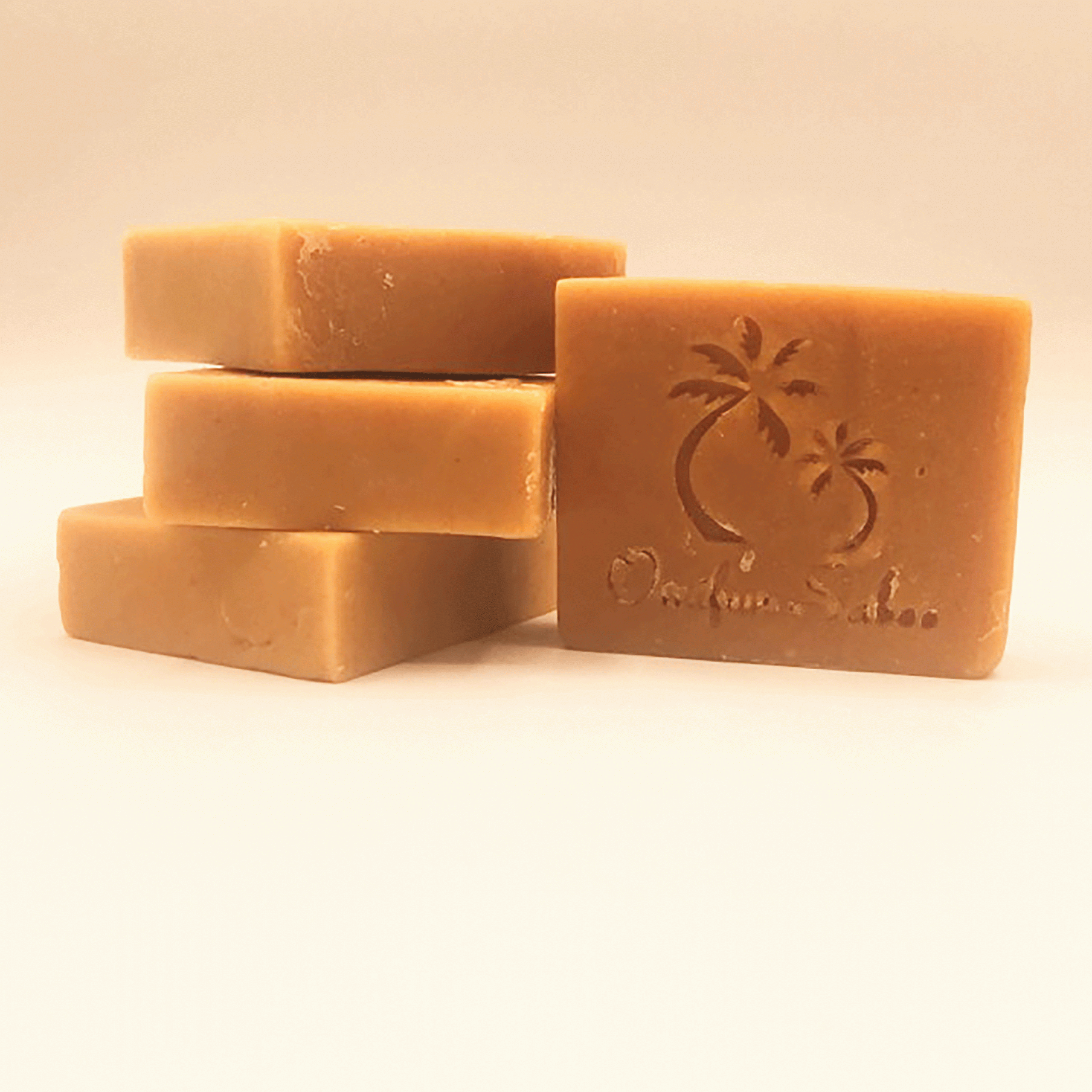Olive oil
- A NATURAL ANTI-AGING BEAUTY REGIMEN Olive oil is considered as an effective anti-aging solution because it contains oleic acid and polyphenols. These important components work together in order to improve the texture and skin tone. This gives every woman the skin she wants while combating early signs of aging. In addition to that, because olive oil soap is so nourishing, it can help replenish the oils that our skin loses as we get older. In return it gives us a much smoother complexion, including minimized wrinkles, and a healthy glowing appearance.
- OLIVE OIL SOAP IS BEST FOR ALL SKIN TYPES Since olive oil is a natural and healthy component, it can be used for any skin type. Everyone in your family from babies to adults can be able to take advantage of the natural olive oil soap benefits. That’s because it’s not harsh on even the most sensitive skin. Olive oil is also guaranteed to be hypoallergenic, which simply means there’s no need to worry about nasty skin reactions.
- OLIVE OIL SOAP PROMOTES HEALTHIER AND MORE RADIANT SKIN Since olive oil is rich in antioxidants, it can contribute to healthier and more radiant skin through reversing oxidation as well as repelling unnatural and damage-causing free radicals. These elements are responsible for health problems, breakouts and skin diseases.
- NATURALLY RICH IN VITAMINS A & E Olive oil is known to be a natural source of essential nutrients and vitamins that are important to help you look and feel healthy at all times. Also rich in vitamins E and A, olive oil can help improve your skin’s appearance and boost your immunity at the same time. Its beta carotene content can also help stimulate the growth of new cells, promoting a more glowing and youthful appearance.
- HELPS SOOTHE MILD TO SERIOUS SKIN CONDITIONS We all know that people with dry skin conditions, such as eczema and other complexion problems, like acne, are more susceptible to serious skin diseases. Fortunately, the natural healing power of olive oil can be the best remedy for all types of skin complications as it can penetrate the skin and moisturize dry patches effectively.
Coconut oil
- COCONUT OIL IS ONE OF THE MOST POPULAR OILS IN SOAP MAKING. It offers a unique combination of cleansing, firming and skin-loving properties to recipes. In addition, coconut oil is wonderful in a variety of other bath and beauty projects such as scrubs, lip balm, hair care and more. It has become particularly popular in the past few years, as many use coconut oil as a skin and hair moisturizer.
- COCONUT OIL IS HARVESTED FROM THE SEEDS OF THE COCONUT TREE (cocos nucifera) and is primarily cultivated from Southeast Asia and the Philippines. Coconut oil is solid at room temperature and melts to a clear liquid oil at 76 ° F. It’s made up of various fatty acids, including saturated and non-saturated. In particular, coconut oil contains a large amount of lauric and myristic saturated acids. The unique fatty acid composition of coconut oil gives it fantastic cleansing properties.
- COCONUT OIL POSSESSES MOISTURISING PROPERTIES WHEN APPLIED TO THE SKIN AND HAIR. Being rich in Vitamin E, this oil nourishes and moisturises skin when applied directly, or when used in the diet. Studies have also found Coconut Oil to reduce hair damage caused by dryness and bleaching. This makes coconut oil a valued ingredient in the Personal Care sector, ideal for soaps, lotions, creams and moisturisers.
- IN COLD PROCESS SOAP, COCONUT OIL IS GENERALLY USED AROUND 20-30% OF THE RECIPE. Coconut oil is a super cleansing addition that produces big, copious bubbles. Coconut oil is one of the most popular oils in soap making. It offers a unique combination of cleansing, firming and skin-loving properties to recipes.
Neem Oil
Neem oil is full of fatty acids called palmitic, linoleic, and oleic acids.
Linoleic acid (also known as vitamin F) is a humectant that fortifies the skin’s barrier. This keeps moisture in and helps to protect against the UV rays and pollutants you face every day.
These three fatty acids work together in neem oil to provide natural moisture to the skin and hair and lock it in while keeping harmful substances out.
It’s also rich in antioxidants, which help with the negative effects of free radicals.
Palmitic acid and oleic acid are emollients, substances that keep skin and hair soft and smooth. They’re a key ingredient in moisturisers for this reason.
Neem oil benefits for skin
So, why use neem oil on your skin?
Its cleansing and soothing properties mean it can help give skin a well-earned break after recurring breakouts or skin concerns.
Good news! Neem oil has cleansing properties and helps to fight sensitivity in the skin.
It can make a good complementary product for blemish-prone skin and keeps the face and body in good stead to help protect against further breakouts.
While neem oil is good at moisturising dry skin, it may also be useful for oily blemish-prone types.
It’s rated as a 1-2 on the comedogenic scale (which runs from 0-5), which means it’s officially non-comedogenic and has a low likelihood of clogging pores.
The Vitamin F (linoleic acid) in neem oil could also support healthy skin.
A 2002 study found that topical application of linoleic acid showed an almost 25% decrease in the appearance of spots compared with a placebo.³
Helps soothe skin concerns such as eczema and psoriasis
This nourishing oil is rich in fatty acids like palmitic, linoleic, and oleic acids.
Because of its hydrating, emollient nature, neem oil can help soothe dry skin concerns like eczema and psoriasis.
It also contains natural antihistamines – the same substances used to relieve symptoms of allergies.
Thanks to this, neem oil may help ease the uncomfortable itching and swelling associated with eczema and psoriasis.
Himalayan Salt
- WITH REGULAR USE, salt soap bars will help treat and manage problem skin. Pure mineral salts deeply cleanse pores, nurtures skin, and restores a healthy balance to unhealthy skin. They eliminate itching and irritation while moisturising skin. Even more, they help reduce redness and inflammation caused by dry skin and chronic skin disorders. Those with problematic skin will enjoy the many wonderful benefits of this luxurious scrubby bar.
- Gently and thoroughly cleanses.
- Improves mineral status of the body.
- Stimulates blood circulation and detoxifies the body by balancing systematic pH making it suitable for all skin types.
- Naturally exfoliates dull dead skin cells with its crystalline structure.
- Regulates the production of skin oil.
- Softens and soothes skin ailments and itchiness caused by severe skin issues, eczema, psoriasis, and acne.
- Heals, Rejuvenates and strengthens skin tissues.
- Relieves itching and reduces redness and inflammation caused by eczema, psoriasis, and acne.
- Salt minerals kill bacteria while neutralizing body odour.
- Anti-aging properties.
- Reduces muscle cramps by improving minerals and hydration.
- Soothes tired muscles and alleviates pain associated with arthritis, rheumatism and fatigue.
Benefits of botanical clays
Botanical clays
- SOME OF THE MOST COMMON CLAY’S USED IN SOAP INCLUDE Kaolin, Bentonite, Rose Clay and Rhassoul. Each one has a slightly different quality that might make you choose one over the other.
- KAOLIN IS A MILD,WHITE,FLUFFY CLAY. It’s good for light masks or scrubs and gives a lovely silkiness and creaminess to soaps. It is good to use on dry or sensitive skin. It is used in facials, natural deodorants, and poultices.
- BENTONITE IS HIGHLY ABSORBENT CLAY GOOD FOR OILY SKIN, though it’s technically volcanic ash rather than clay. It gives a slippery silkiness which makes it great to add in soap.
- ROSE CLAY A GENERAL-PURPOSE CLAY USED MOSTLY FOR ITS LOVELY COLOUR, it also adds silkiness, slip, and absorbency to soaps. This clay cleanses and detoxifies, exfoliates dead skin cells, treats acne and sun-damaged skin, and can increase blood circulation to the skin.
- RHASSOUL THIS IS A LIGHT BROWN CLAY THAT IS USED FOR ITS GREAT ABILITY TO ABSORB OILS AND IMPURITIESFROM THE SKIN AND HAIR. It gives a lovely brown speckled colour and is lightly exfoliating. This clay has been found to improve clarity and elasticity of the skin. It is also good for an oily complexion.
- THERE ARE DIFFERENT TYPES OF CLAY WHICH VARY IN COMPOSITION DEPENDING ON THE ORIGIN. While the properties of each clay varies, they are most commonly used in skincare because of their absorption properties. When applied, clay pulls oil from the skin, leaving it balanced and clean.
Essential Oils
- ESSENTIAL OILS ARE KEY ELEMENTS IN SOAP MAKING, used to add fragrance naturally, essential oils are also included to impart their healing properties. Each essential oil is reputed to have its own benefits for body and mind.
- THE TERM ESSENTIAL OIL IS ACTUALLY SHORT FOR QUINTESSENTIAL OIL. Quintessence is thought to be the fifth element, adding to the four we’re already familiar with: earth, air, fire and water. According to ancient belief, matter is comprised of these elements; quintessence is also referred to as ether or spirit, thus essential oil is the life essence of the plant it is extracted from.
- AS WELL AS ADDING SCENT TO NATURAL SOAP, essential oils are used in soap making for their reputed health benefits especially for the skin. Different oils are associated with different benefits, for example, ylang-ylang reputedly helps reduce the appearance of wrinkles, while lemon and sandalwood are both associated with treating acne.
- MANY ESSENTIAL OILS HAVE ANTIBACTERIAL OR ANTIMICROBIAL PROPERTIES, while others are reported to help relieve pain and inflammation. Some soothe the senses, other are mood-lifting. As aforementioned, fragrance oils are added for scent alone, if you buy an aromatherapy soap, please check the label for fragrance or essential oil.
- IN NATURAL SOAP, essential oils can be used every day to bring about benefits and a lingering fragrance. Some of the most popular essential oils include lavender, sandalwood, jasmine and rose. Lavender is a relaxant, aiding sleep, but it also has disinfectant properties for the skin and scalp and is known to relieve pain and boost circulation. Sandalwood, meanwhile, is anti-inflammatory and helps soften the skin while also calming the nerves, Jasmine nourishes the skin and reduces the appearance of blemishes while rose helps rejuvenate, tone and lift the skin. Each essential oil has something to offer in terms of maintaining healthy skin.








